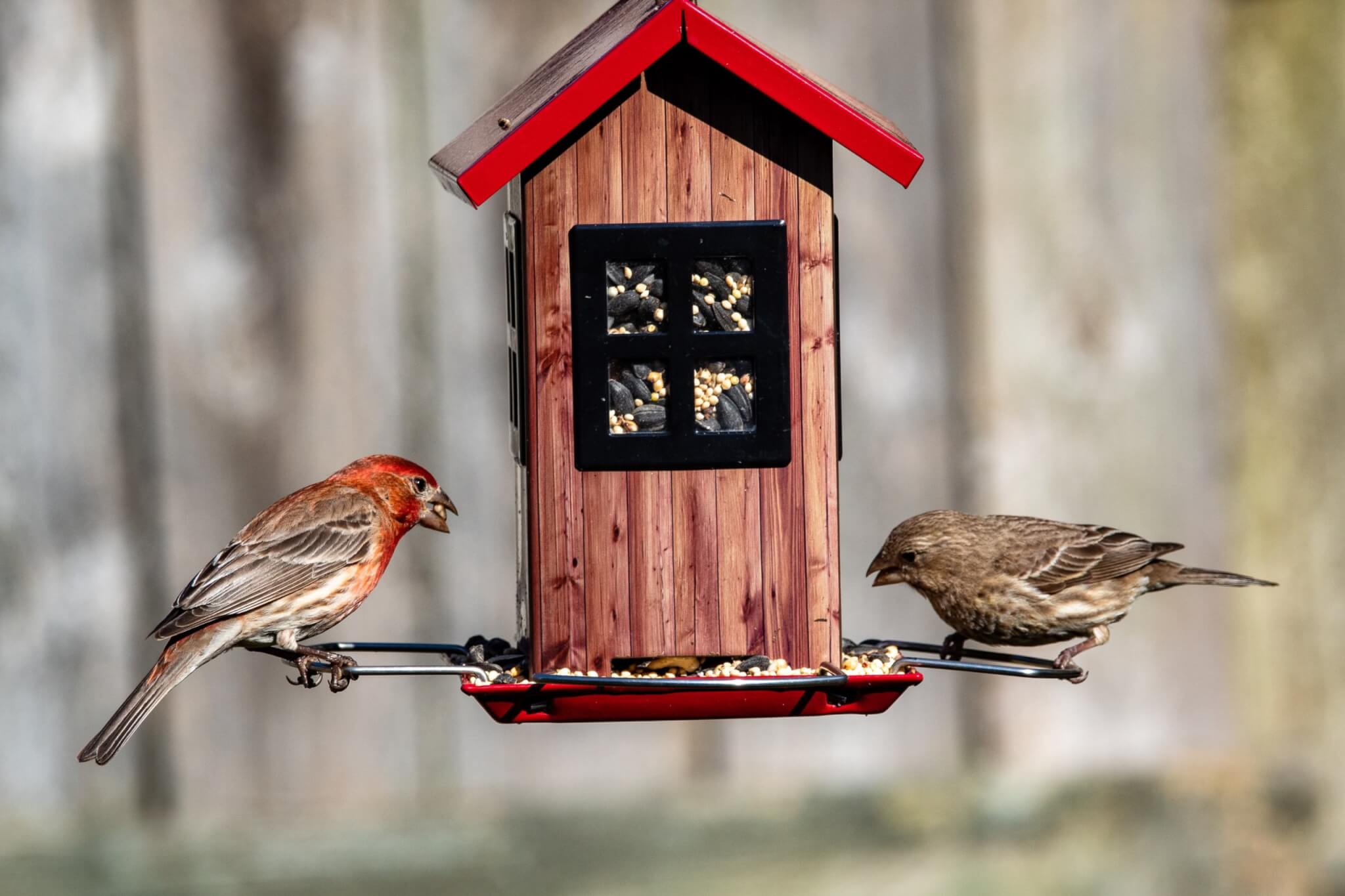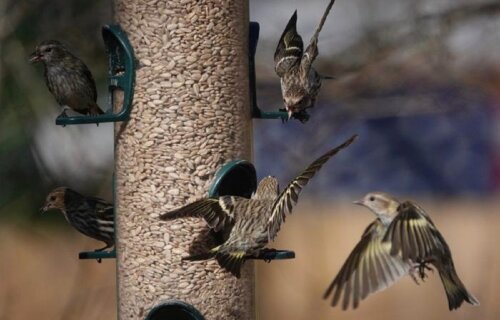BLACKSBURG, Va. — Feeding birds is beneficial not only for our feathered friends but also for human well-being, a new study reveals.
Researchers at Virginia Tech are emphasizing the importance of recognizing bird feeding’s positive impact on humans and incorporating this understanding into public policy and guidance.
“Wildlife agencies and others making decisions on managing bird feeding need to be considering not only what the science is behind what’s going on with birds, but also the science behind what’s going on with people,” says the study’s lead author, Professor Ashley Dayer from Virginia Tech, in a media release.
This unique research project, believed to be the first of its kind, studied bird feeders while observing human participants. The team is aiming to involve over 10,000 bird feeders across the United States. The study began in 2021, spurred by state agencies advising people to stop feeding birds due to avian disease outbreaks. This advice, often issued without concrete evidence of its effectiveness in reducing disease spread, led to varied responses and raised questions about compliance and impact on bird feeders.
“I get calls every year from people who see a sick bird at their feeder and want to know how they can help prevent disease spread,” says co-author Professor Dana Hawley. “All in all, this made me wonder about how policy decisions that aim to minimize disease spread can inadvertently impact the people who feed the birds.”

The researchers are leveraging Project FeederWatch’s network, run by the Cornell Lab of Ornithology and Birds Canada, which has gathered bird count data for 37 years.
“FeederWatch is such a versatile data set even though, at its core, it is based on simple bird counts,” adds Emma Greig, the project leader for FeederWatch. “When you overlay information about behavior, disease, habitat, and climate change with those bird counts, we can get amazing insights into ecology and evolution.”
Participants will also report on their well-being, with about 8,000 submissions received in the first week of the season alone.
“In a world where so many of us live in cities or suburbs, having birds visit feeders in our yards or on our balconies is one of the only ways we get to connect daily with wildlife. But people want to be able to feed birds in ways that keep wild bird populations healthy and thriving,” concludes Professor Hawley. “Our work will ideally help us develop guidelines for bird feeding that minimize risk to wild birds and maximize the benefits to the people that feed them.”
The study is published in the journal People and Nature.
You might also be interested in:
- Best Bird Houses In 2023: Top 5 Perches Most Recommended By Experts
- Best Bird Baths: Top 5 Garden Favorites Most Recommended By Experts
- Best Of The Best Bird Feeders In 2023: Top 5 Products Most Recommended By Experts
South West News Service writer Stephen Beech contributed to this report.


Great! Just be sure to cover window EXTERIORS with collision deterrents BEFORE putting up feeders. No one should install feeders or plant greenery until first preventing what is now considered a lessing cause of avian mortality: window strikes. Of the one billion killed annually in the U.S., 46 percent occur on residemtial properties.